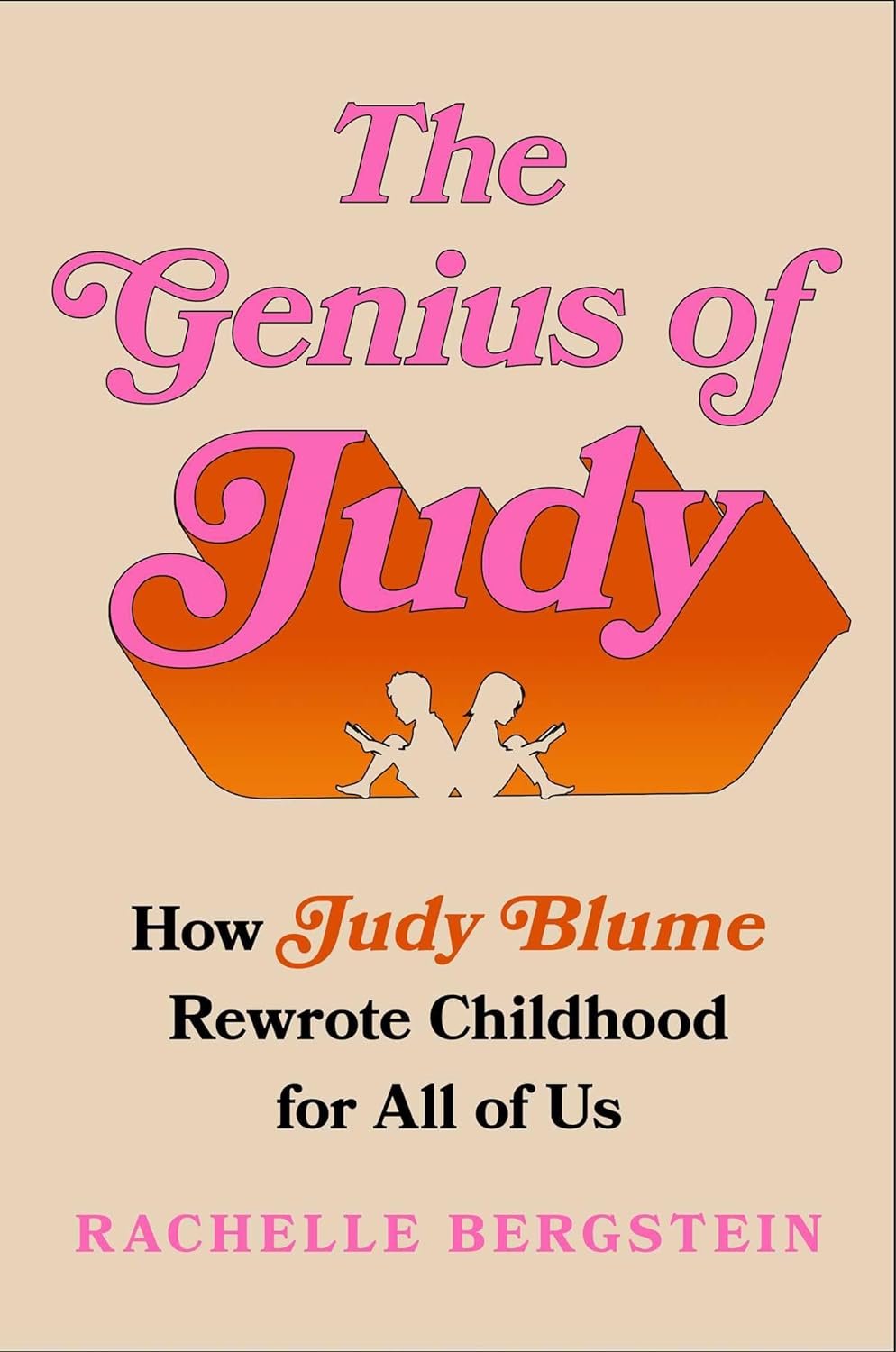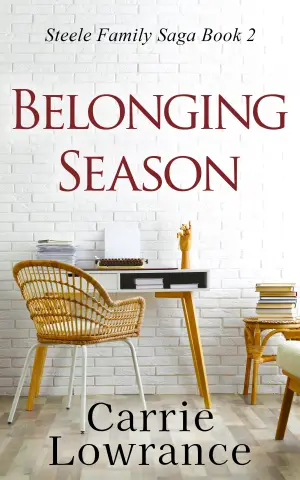
10 May Book Review of The Genius of Judy: How Judy Blume Rewrote Childhood fo…
The Genius of Judy: How Judy Blume Rewrote Childhood — A Reflective Exploration
When I first picked up The Genius of Judy: How Judy Blume Rewrote Childhood, I was drawn not just by the title but by the unmistakable legacy of Judy Blume herself. Her name evokes memories of childhood reads that were both relatable and profoundly impactful, leaving echoes of laughter and discovery long after the last page was turned. Reflecting on her characters, especially from the Hatcher series, I realized how distinctly she influenced my understanding of adolescence, making this book a must-read for anyone who has felt that connection.
While reading The Genius of Judy, I grappled with the idea that its central theme is Blume’s courage in tackling subjects often deemed taboo for children’s literature. The book does an admirable job of tracing her literary journey, particularly how she fearlessly addressed issues like puberty, relationships, and gender dynamics at a time when many authors shied away. This courageous spirit resonated deeply with me, underscoring how Blume empowered young readers to embrace the complexities of growing up.
Yet, in navigating the book, I found myself longing for a broader perspective on Blume’s profound impact on children’s literature rather than a mere academic analysis. The author, while clearly passionate about her subject, at times delved too deeply into specific book analyses, which felt like convoluted book reports instead of an engaging narrative. I wanted to feel a bit more of Blume’s heartbeat, the raw moments of joy and turmoil that shaped her characters, rather than a breakdown of every chapter’s relevance.
The writing style, though articulate and imbued with respect for Blume’s work, could sometimes veer towards the dry. It made me wish for a more conversational approach that could mirror the warmth of Blume’s storytelling. A highlight for me was the quote: “Her characters and stories were more than just entertainment. They were a roadmap of open communication, bodily autonomy, and even sexual fulfillment.” This perfectly encapsulated the driving force behind Blume’s work, illustrating her candidness in speaking truths that many parents were reluctant to address.
I couldn’t help but marvel at how well Blume’s insights still resonate in our current literary landscape, where topics of self-discovery and emotional growth are increasingly marginalized. The discussion surrounding her controversial works, such as Forever, showcases a cultural shift that is certainly due for further exploration. One poignant moment in the book talks about how Judy’s stories were a “roadmap” for young readers seeking validation in their own struggles — a sentiment I wholeheartedly agree with.
In its essence, The Genius of Judy should captivate those who not only cherish Blume’s legacy but also seek to understand the evolution of children’s literature. It’s an important read for parents, educators, and anyone who feels nostalgic for that innocent yet tumultuous phase of childhood. While I may not have been completely fulfilled by the critical analysis of her works, my admiration for Judy Blume only deepened, reminding me that the brave, quirky, and often messy journey of growing up is a shared experience worth exploring — one that I will continue to cherish as I read middle-grade books to the next generation.
In summary, while The Genius of Judy may not have been the immersive tribute I anticipated, it served as a vital conversation starter about the boundaries of children’s literature and the profound influence Judy Blume has had on generations of readers. If nothing else, my heart will always smile fondly at the chaos and hilarity of Peter Hatcher, Fudge, and the timeless world they occupied — one that Judy Blume crafted with heart and honesty.
Discover more about The Genius of Judy: How Judy Blume Rewrote Childhood fo… on GoodReads >>









